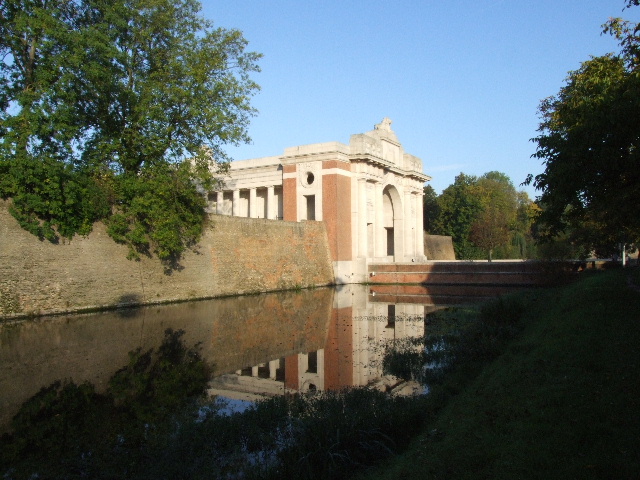Name
William George Knight
Circa 1883
Conflict
First World War
Date of Death / Age
31/07/1917
34
Rank, Service Number & Service Details
Private
266619
Hertfordshire Regiment
4 Coy.
Awards: Service Medals/Honour Awards
British War and Victory medals
Cemetery/Memorial: Name/Reference/Country
YPRES (MENIN GATE) MEMORIAL
Panel 54 and 56.
Belgium
Headstone Inscription
NA
UK & Other Memorials
St Mary's Church Roll of Honour (Book), Hitchin, 4 Coy' Hertfordshire Reg' Territorials Memorial, Hitchin, St Mary the Virgin Church Memorial, Little Wymondley, Hertfordshire Regimental Memorial, All Saints Church, Hertford
Pre War
Wartime Service
Additional Information
William’s direct connect to Hitchin is in fact his entry on the Hitchin memorials, which were requested by his sister.
After his death £7 2s 8d was authorised to go to his sister, Bertha Chapman, on 12 April 1919. Later, a war gratuity of £9 10s was authorised to be paid to her on 12 November 1919.
Acknowledgments
Stuart Osborne, David C Baines, Jonty Wild



